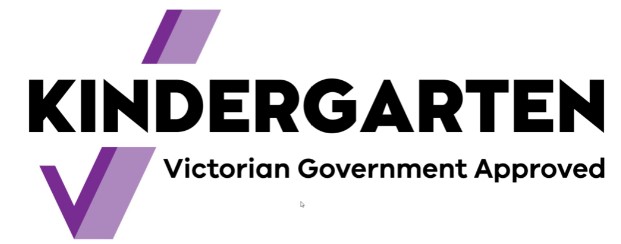Social Skills Development in Early Childhood: What Every Parent Should Know
11 September 2025
Gower Street Kindergarten in Preston supports social skills development in early childhood. Learn expert tips every parent should know to help their child.
As more families settle into vibrant communities like Preston, the demand for early learning centres that support holistic child development continues to rise. One of the most essential components of early childhood education is social skills development. Through guided interactions with peers and educators, children learn to communicate, collaborate, and empathise—building a foundation for lifelong success.
More Than Small Talk: The Real Power of Social Skills
Social skills refer to the abilities individuals use to interact effectively and harmoniously with others. These include communication, cooperation, active listening, emotional regulation, empathy, and conflict resolution. In early childhood, these skills form the foundation for positive relationships at home, in school, and within the wider community.
Strong social skills development contributes significantly to a child’s mental health and academic readiness. Children who can navigate social situations are more likely to thrive in group settings, resolve conflicts constructively, and adapt to change. Moreover, they are better equipped to handle peer pressure and maintain meaningful relationships throughout life.
When and How Social Skills Begin to Develop
• Early Foundations – Social skills begin forming from birth. In the first few months, babies start to engage in eye contact, respond to facial expressions, and coo in response to voices. These early interactions with caregivers set the stage for more complex social behaviours as they grow.
• Toddlerhood and Beyond – By toddlerhood (ages 1–3), children start imitating others, showing interest in peers, and expressing their needs through words or gestures. Between ages 3 and 5, social skills development becomes more refined as children learn to share, take turns, follow rules, and express emotions appropriately. Early learning environments like kindergartens play a crucial role in modelling and reinforcing these behaviours.
Practical Ways to Promote Social Skills at Home
Parents and caregivers play a vital role in encouraging social skills development outside of formal learning settings. By integrating mindful communication and cooperative activities into daily routines, families can support children’s ability to relate to others.
Here are some effective strategies:
• Daily activities that foster cooperation (e.g., family games, setting the table together)
• Teaching emotion vocabulary (e.g., “I feel sad when…”)
• Storytelling and books that highlight social situations
• Limiting screen time and encouraging real interactions
Consistently applying these strategies helps children practise empathy, improve listening skills, and gain confidence in social interactions. Children also learn by observing adult behaviours, making it important for parents to model respectful and compassionate communication.
Supporting Social Skills Development at Gower Street Kindergarten
At Gower Street Kindergarten in Preston, VIC, we understand the vital role of social skills development in nurturing well-rounded individuals. Our purpose-built centre offers a play-based curriculum with diverse learning experiences that promote communication, cooperation, and emotional growth. With experienced educators and thoughtfully designed spaces, we prepare children with the social confidence needed for a smooth transition into primary school and beyond.
Families in Preston and surrounding suburbs trust us to support their children’s holistic development because we understand that the foundation for future success begins with strong social connections.
Contact us today to learn how we can help your child thrive in a nurturing and supportive environment.
Related Blog Article: Preston Kindergarten Curriculum: Setting the Stage for Lifelong Success

